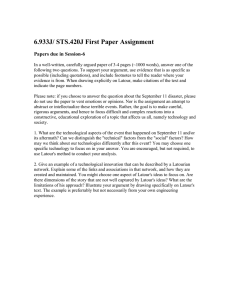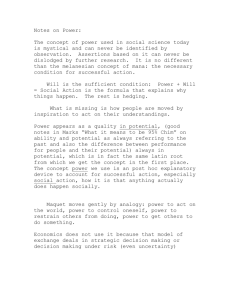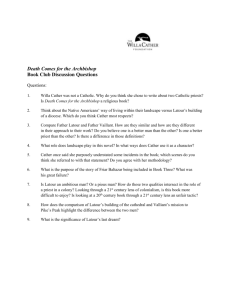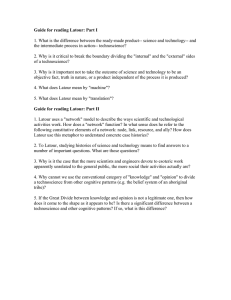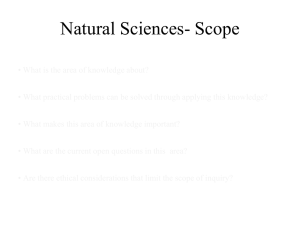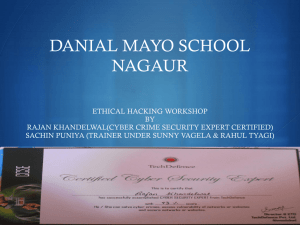here
advertisement
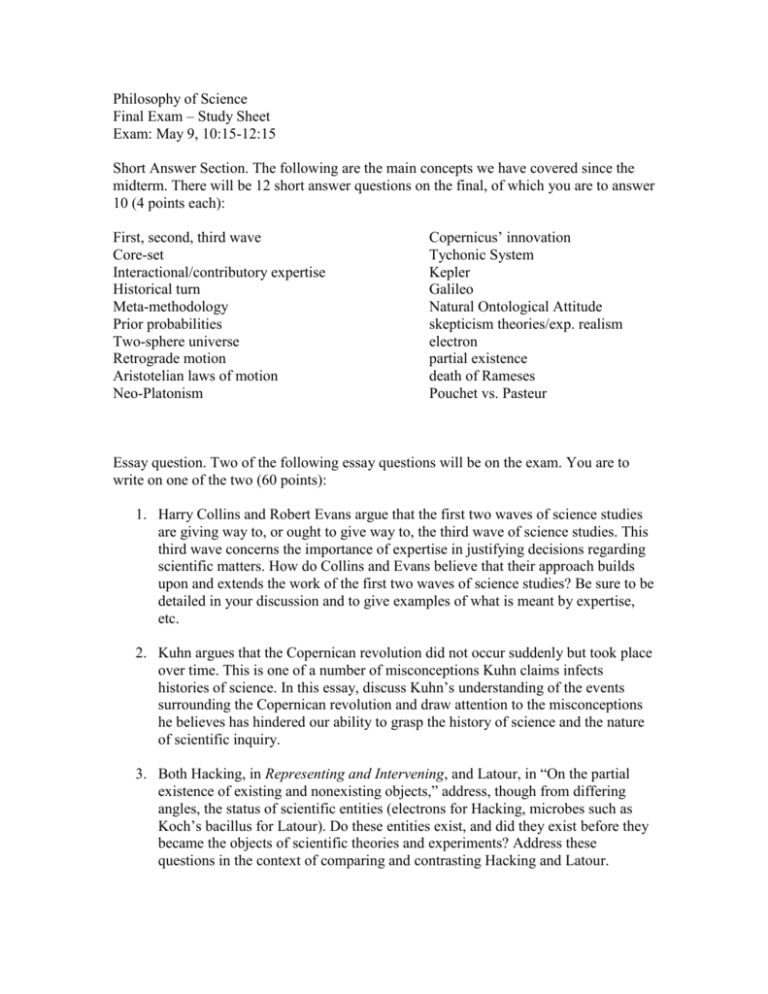
Philosophy of Science Final Exam – Study Sheet Exam: May 9, 10:15-12:15 Short Answer Section. The following are the main concepts we have covered since the midterm. There will be 12 short answer questions on the final, of which you are to answer 10 (4 points each): First, second, third wave Core-set Interactional/contributory expertise Historical turn Meta-methodology Prior probabilities Two-sphere universe Retrograde motion Aristotelian laws of motion Neo-Platonism Copernicus’ innovation Tychonic System Kepler Galileo Natural Ontological Attitude skepticism theories/exp. realism electron partial existence death of Rameses Pouchet vs. Pasteur Essay question. Two of the following essay questions will be on the exam. You are to write on one of the two (60 points): 1. Harry Collins and Robert Evans argue that the first two waves of science studies are giving way to, or ought to give way to, the third wave of science studies. This third wave concerns the importance of expertise in justifying decisions regarding scientific matters. How do Collins and Evans believe that their approach builds upon and extends the work of the first two waves of science studies? Be sure to be detailed in your discussion and to give examples of what is meant by expertise, etc. 2. Kuhn argues that the Copernican revolution did not occur suddenly but took place over time. This is one of a number of misconceptions Kuhn claims infects histories of science. In this essay, discuss Kuhn’s understanding of the events surrounding the Copernican revolution and draw attention to the misconceptions he believes has hindered our ability to grasp the history of science and the nature of scientific inquiry. 3. Both Hacking, in Representing and Intervening, and Latour, in “On the partial existence of existing and nonexisting objects,” address, though from differing angles, the status of scientific entities (electrons for Hacking, microbes such as Koch’s bacillus for Latour). Do these entities exist, and did they exist before they became the objects of scientific theories and experiments? Address these questions in the context of comparing and contrasting Hacking and Latour.
